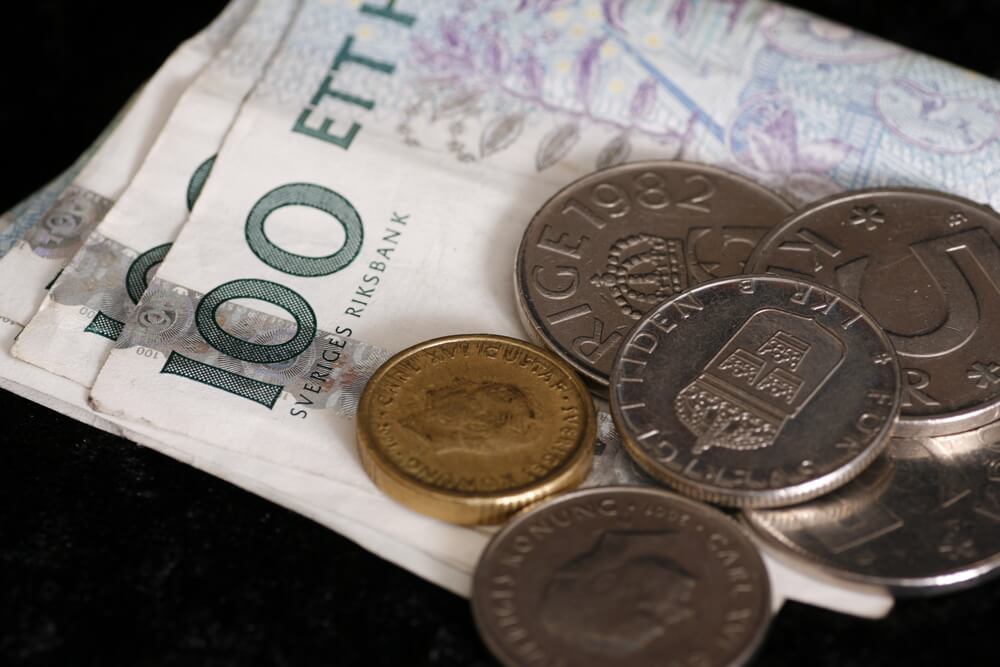
Riksbank, Sweden’s Central Bank, is adapting to the shifting financial landscape in the country where the transition to a cashless society has accelerated quickly.
Several banks in Sweden no longer handle cash, which is a problem some groups of people who struggle to adapt to new technologies, such as the elderly. The central bank believes that a state-backed digital option is necessary in order to maintain the stability of the country’s financial system.
Some Swedes have reportedly been skeptical of the development of the e-Krona, but this has not slowed the bank’s push to develop it. The e-Krona will at first be something used in addition to cash, but eventually it will become a primary financial instrument within Sweden. The bank believes that without a faster development effort, private entities may have too much responsibility in the payments sector, which could lead to problems. Specifically, they want to avoid making private institutions “take all the responsibility for ensuring that payments function in crisis situations.”
The bank writes:
There are currently groups in society that are encountering problems as cash use declines because they find it difficult to use digital payment solutions for one reason or another. Such groups include older people, people with disabilities or those who, for different reasons, do not have access to payment instruments other than cash. Since it cannot be expected that the private market fully cater for these groups, the state can choose to take greater responsibility for them.
Sweden Leads the Way
The bank suggests that a pilot program should be in place in 2019 with full implementation by 2021. It is important to note that while the new currency might share characteristics with cryptocurencies, it is actually still to be a fiat currency administered, owned, and regulated by a state entity, so its similarities are in fact moreso with the existing fiat currency.
In its report, the bank considers other options simultaneously with the issuance of the e-Krona, including “subsidizing” cash usage.
“To facilitate and increase cash usage, the Riksbank could choose to subsidise cash, either directly or indirectly, For example, we could fully or partly return to the 1980s structure of Riksbank branches across the entire country and the comprehensive service to banks and other market participants that waws previously provided to the banks largely for free,” the report added. “This would reduce the banks’ costs for cash, allowing them to provide a greater range of cash services. Ultimately, this could make it easier and more attractive for private individuals, retailers and other actors to handle cash. […] However, as a matter of principle, the Riksbank’s opinion is that all means of payment should carry their own costs and various charges should be based on actual costs.”
Sweden will be the first country to implement a full-fledged digital currency as an official and overt act. However, it is unlikely to be the last. For many reasons, cash and other paper instruments are on the way out. Although it remains the best way to transact peer-to-peer, the risk it entails and its methods of issuance and counterfeit are precisely the factors that created a need for cryptocurrencies in the first place.
Featured image from Shutterstock.
Follow us on Telegram or subscribe to our newsletter here.
Source: CCN






